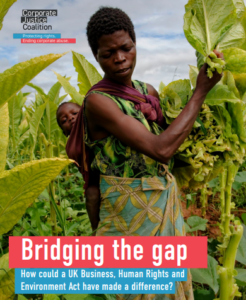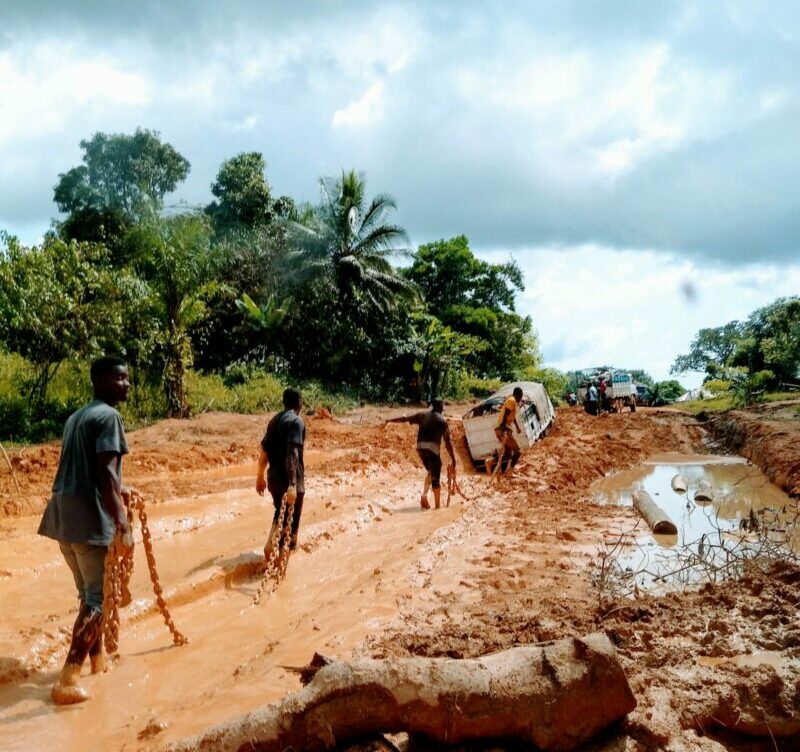This report documents how we ll-known UK companies, financial institutions and public bodies have been and continue to be connected to human rights abuses, worker exploitation and environmental harm at home and abroad.
ll-known UK companies, financial institutions and public bodies have been and continue to be connected to human rights abuses, worker exploitation and environmental harm at home and abroad.
These abuses are happening via the companies’ own operations, products and services, and across their global value chains. Access to justice for those impacted remains largely unreachable. In the absence of any sufficient accountability framework, this is creating an environment of corporate impunity.
Abuses are rampant in the value chains of products we rely on in order to provide the goods and services used by people every day, from the clothes we wear, to the food we eat and the vital equipment used by NHS staff in the battle against Covid-19.
This report includes 15 case studies demonstrating how UK companies, financial institutions and public bodies are connected to severe abuses – ranging from worker exploitation, modern slavery, abuse of indigenous peoples’ rights and the right to health to illegal deforestation and land-grabbing.
A new law is needed – and called for by UK civil society organisations, trade unions, businesses, investors, and more than 120,000 people in the UK who have signed a petition. YouGov polling shows four in five people in Britain want new laws to make sure businesses stamp out environmental damage and exploitative practices in their supply chains.
To be effective, a UK law should be modelled on the world-leading ‘failure to prevent’ model of the 2010 Bribery Act – as already recommended by Parliament’s Joint Committee on Human Rights and identified as legally feasible by the British Institute of International and Comparative Law. Once harm occurs, the burden of proof should be on the business to show that they did all they reasonably could to prevent the harm. The law should also mandate all companies to undertake ‘human rights and environmental due diligence’ across their supply and value chains, including all business relationships.
The case studies show how a UK Business, Human Rights and Environment Act would have made a difference.


